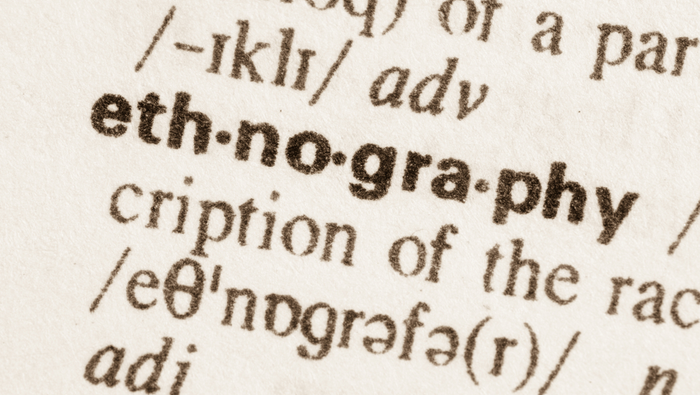15:30 - 17:00,
Monday 6 February, 2023
Online
Oxford Digital Ethnography Group Seminar Series

About
This presentation will explore how women in Turkey use self-tracking technologies to draw new boundaries between home and work and to develop new approaches to housework, labor, and productivity under neoliberal, digital capitalism. It does so by focusing on a group of lower- and middle-class women, who make money through Instagram while also continuing their unpaid homemaking practices as mothers and wives. Although neoliberal, digital economy makes it harder to distinguish home and work, my digital ethnography and in-depth interviews highlight that women working from home feel a home-work separation that renders their labor and productivity invisible. Women’s use smartwatch data, such as step count and calorie scores, to challenge such invisibility by showing that one can be productive at home and domestic work is as arduous as paid labor. By exploring “personal digital data” instead of big data, this paper highlights both when sensors, such as smartwatches, reproduce capitalist logics and become tools to render visible their exploitative consequences.
Meeting ID: 959 9727 7504
Passcode: 927697
Speaker: Dr. Nazlı Özkan
Dr. Nazlı Özkan is Assistant Professor in the Department of Media and Visual Arts at Koç University, İstanbul, whose research on journalism, religious difference, and the state has appeared in journals such as PoLAR: Political and Legal Anthropology Review and META: Middle East Topics and Arguments. She received her PhD in Cultural Anthropology from Northwestern University with a dissertation entitled, ‘Affective Secularism: Journalistic Production of Religious Differences in Turkey’, and is currently working on a project on the history of new media technologies in Turkey, funded by a Horizon 2020 Marie Sklodowska-Curie Actions (MSCA) Widening Fellowship.